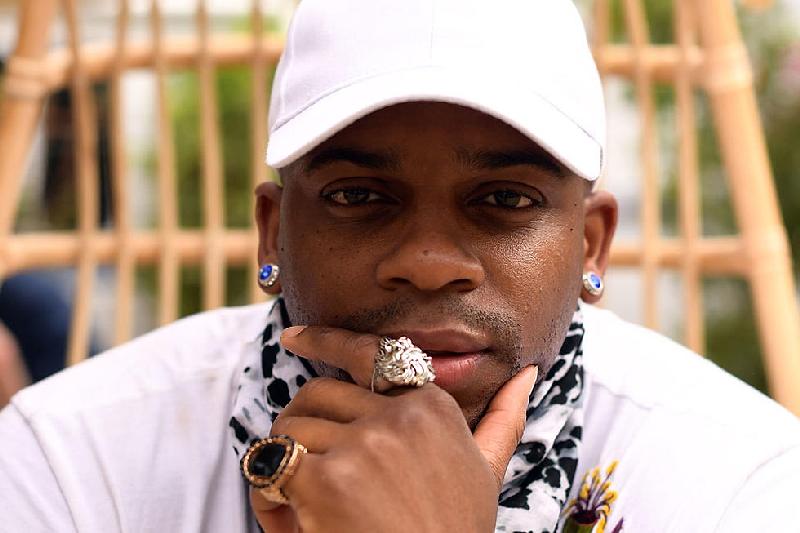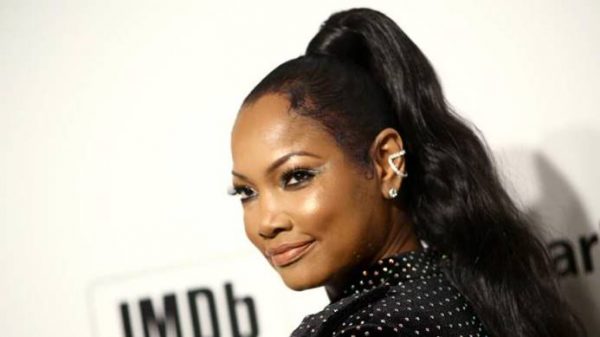
*Smithsonian Folkways Recordings, in collaboration with the National Museum of African American History and Culture (NMAAHC), has turned to crowd sourcing for its next ambitious project – a nine-disc chronological compendium of over 120 songs from hip-hop and rap.
The “Smithsonian Anthology of Hip-Hop and Rap” will contain tracks painstakingly selected by a panel of artists, music critics, academics and industry heavyweights. All three major international music labels—Warner Music Group, Universal Music Group and Sony Music Entertainment—will be represented.
To contextualize the various songs, various scholars and songwriters will contribute original essays, and NMAAHC will provide never-before-published photography. Also, Folkways will provide extensive liner notes in conjunction with the printed song lyrics.
All told, the supplementary materials, presented seamlessly in a single reference volume, will span 300 pages. The aesthetic vision for the package will be left to Cey Adams, former artistic director for Def Jam.
“We anticipate getting something which is a perfect mix of image, words and music,” says Huib Schippers, director of Folkways, “which is very much representative of what hip-hop culture is.”
Schippers and his Folkways colleagues launched a Kickstarter campaign to raise $250,000 or more to put toward production costs. People who contribute upwards of $100 will receive advanced access to the anthology at production cost—far cheaper than they would pay for it commercially. Other enticing rewards, including a tour of the museum with Questlove of The Roots, are also being offered.
Watch below:
Schippers says “the whole production cost is close to $1 million” for the box set, and the label will need to sell thousands of the finished anthologies to break even. For Schippers, the undertaking has always been a labor of love.
“It’s a very big project for a very small record label,” he says, “but it’ll be worth it. We’re delighted to be working with NMAAHC on it. We have no regrets so far, and we’re full of confidence the Kickstarter will work.”
Dwan Reece, curator of music and performing arts at African American History Museum, shares Schippers’s passion for the project. This music “is really part of a cultural evolution,” she says. “We learn from the past, we take from the past, and reinvent a new perspective—a new way of creating music, a new way of speaking about music and expressing ourselves. That’s really part of an ongoing tradition, and in a sense a continuation of the African-American experience.”
We Publish News 24/7. Don’t Miss A Story. Click HERE to SUBSCRIBE to Our Newsletter Now!





